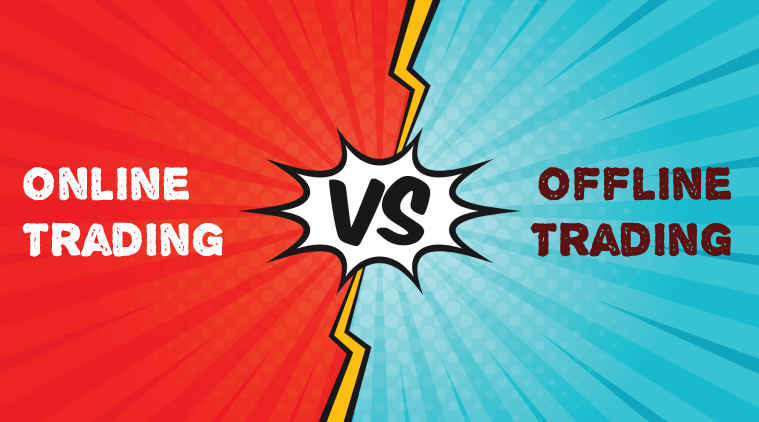
Prior to the introduction of internet in India, stock trading was carried through offline mode only. The stock brokers placed orders i.e. bought and sold stocks on the client’s behalf. Over the years, stock trading has come a long way and seen many robust changes in its adventurous journey so far. To simplify things and make the entire trading process smoother, Online trading emerged as a perfect alternative and a complete solution.
In the present scenario, both online and offline trading are prevalent. However, offline trading has lost its shine owing to the numerous merits offered by an online trading account.
In fact, the bulk of advantages you get by holding an Online trading account over the traditional offline account can’t just be ignored.
Join Us To Open Online Trading Account
Also Read: Online Trading Account: Do’s & Don’ts to Follow!
Online Trading Account Vs Offline Trading: Differences
Let’s check some of the key differences between having an Online Trading account and using Offline Trading facility.
1. Trading made easy:
Convenience of trading is the topmost benefit that comes along with opening an online trading account. No need to visit your stock broker for completing the account opening formalities or calling your stock broker and requesting for processing transactions. All you need is a laptop/mobile phone and good internet connection to initiate online trading activities.
In contrary, offline trading seems to be a cumbersome task where you need the active assistance of stock broker in every trade. Hence, online trading account gives you ease of trading for managing your trades from anywhere.
2. Save Your Money:
The operating and maintenance cost for online trading platforms sites/portals is relatively lower as compared to cost of setting up branches and recruiting staff in offline trading. This reduction in cost is passed on to customers in the form of low brokerage charges. Moreover, due to the rising competition amongst different online full service and discount brokers in India, the brokerage charges have been gradually lowered.
Lesser trading fee charged in an online trading account is an attractive factor for the potential investors around.
3. A Single platform:
Everything starting from your bank account, trading and demat account can be managed at a single place through the online-only mode. Buying/selling of stocks, transfer and withdrawal of money, portfolio management and getting expert advice, all through one single online trading platform are possible.
You can also open a 2-in-1 demat and trading account and link it to your bank account easily. In Offline trading, you just miss all these important factors.
4. Grab Real Time information:
Online trading account services and mobile apps let you grab updated and real time information about stocks and other investment opportunities. You get regular and timely updates to manage your portfolio effectively.
Limited information in offline trading restricts the stock traders in taking timely decisions. Keeping minute-to-minute track of stock prices and then informing the client is not so simple.
5. Prevention of frauds:
Online trading account provides better control for your transactions and reduces chances of frauds. Whereas, in offline trading you are solely at the mercy of someone that may be leading to frauds and mistakes.
Although, SEBI is alert and strict and regularly monitors the trading and investing activities very closely. Online trading account scores quite better when it comes to safety of your transactions.
6. Expertise & Guidance:
The task of sharing online research (fundamental and thematic) reports has become a lot easier with the advent of online trading. Such reports are available on the brokerage sites nowadays. These allow the client to understand stocks and take correct actions.
You get quick online assistance and expert advice, if required through your online trading account portal with a stock broker. You’ll surely lack this quick guidance and bulk of services in offline trading.
Switch From Offline To Online Trading Account Now
Also Read: Everything about Demat Account: An Investor’s Guide
Online Trading Account: The Clear Winner
With the fast pace development of powerful technology driven trading platforms, the offline trading methods have been dragged backstage. No doubt, Online Trading Account emerges out to be the clear winner when we compare it with age old method of offline trading.
In this digital era, where processes are getting simpler and tasks easier through simple and user friendly interfaces. Trading portals are working even harder to offer quick and excellent online services to their customers.
You don’t have to worry on how to trade online. Stock Brokers have equipped themselves with requisite online tools and support to offer and make you feel comfortable.
Simplicity, cost saving, transparency and seamless interface in opening an online trading account are worth a lot for you!
Have you opened your online trading account? Or still sticking to the traditional trading process? It’s high time to realise the importance of your time and money and switch over to an online trading account. Come on! Embrace what’s better and more convenient in this busy and fast moving life!
[email-subscribers namefield=”NO” desc=”Subscribe now to get latest updates!” group=”Public”]

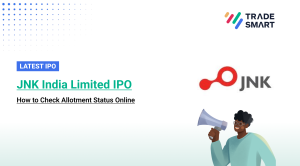
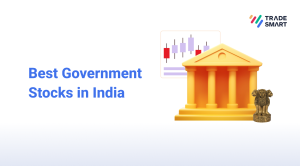
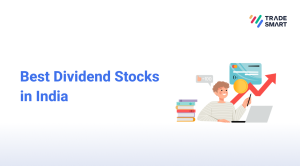

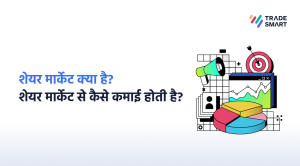
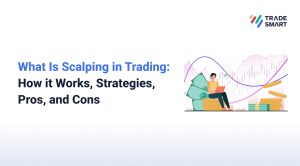
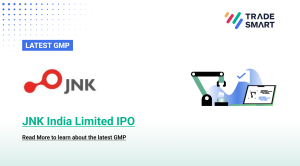

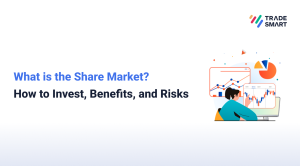

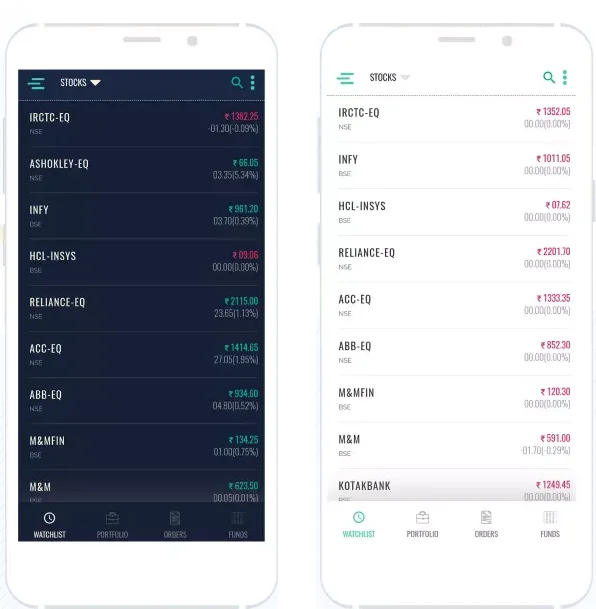

[…] for an offline trading platform there is a need of a broker, a person cannot completely have control over his/her decisions, it is […]
[…] Also Read: Online Trading vs Offline Trading: 6 Key Differences to Know […]